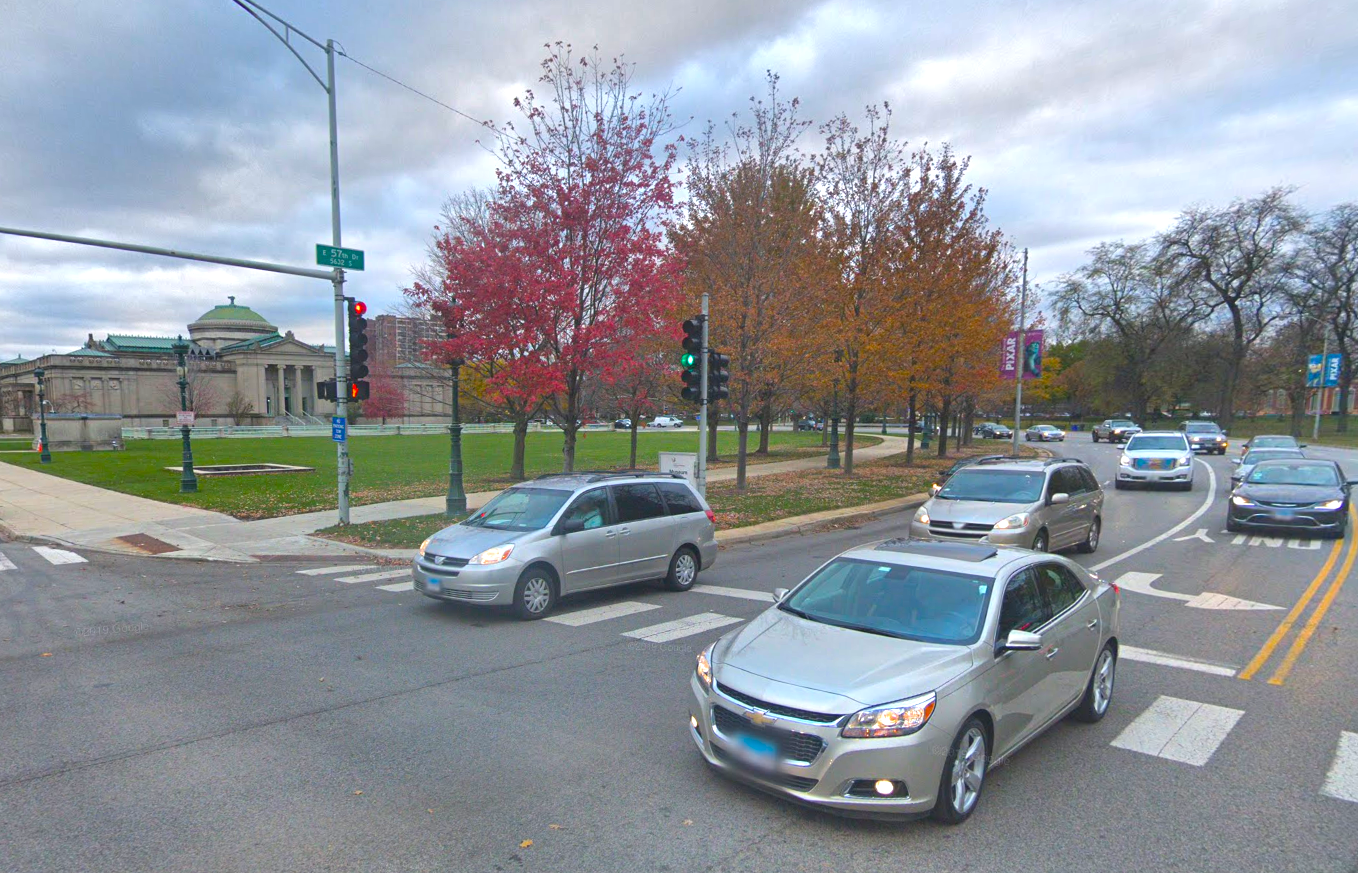It's becoming increasingly obvious that ride-hailing services like Uber and Lyft aren't the solution for better urban transportation. Rather, they represent a huge problem for cities trying to provide a safe, efficient, equitable, and environmentally friendly transportation network for their residents.
Yes, there are upsides to ride-hailing. The technology can make living without a car more convenient, it provides a new travel option in underserved neighborhoods with subpar transit and taxi access, and it helps keep intoxicated drivers off the road.
But there are many serious downsides to Uber and Lyft. They're dramatically increasing the amount of miles driven in cities, partly because their drivers spend half their time "deadheading," cruising around with no passengers. That extra traffic increases the number of crashes, as well as congestion, which slows down buses.
Meanwhile, Uber and Lyft's artificially-cheap service, propped up by wealthy investors' venture capital money is cannibalizing public transportation. The reduced ridership and fare box revenue makes it more difficult for transit agencies to provide frequent, reliable, 24/7 service, which leads to more ridership losses, creating a vicious cycle.
The absurdity of the the ride-hailing model, in which everyone who possibly can takes a car to urban destinations, was laid bare during a disastrous Uber driver appreciation party Monday night at Chicago's Museum of Science and Industry in the dense Hyde Park neighborhood. As reported by the Chicago Tribune's Alice Yin, the ride-hailing company hosted the shindig at 6:30 p.m.
John Morrison, who had been invited to the party by a friend who drives for Uber, said he saw got stuck in a massive traffic jam of cars with ride-hailing decals in east Hyde Park on his way to the event. A location where 57th Street and Cornell Drive merge was complete chaos, he said, because some drivers were going the wrong way and were facing other motorists bumper-to-bumper.
Wouldn't want anyone to know about mass transit options or anything. I was walking and getting ahead of cars by blocks.
— Dean W. Armstrong (@dwarmstr) June 11, 2019
But, hey, encouraging people to take transit instead of cars wouldn't be in keeping with Uber's (completely unsustainable) business model, would it?





